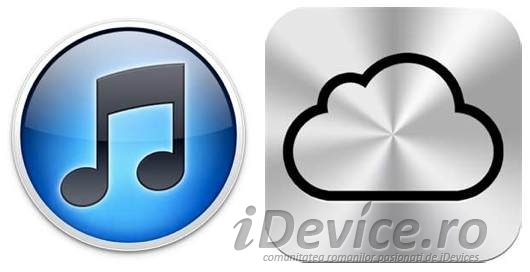Acum cateva luni de zile au aparut pe internet informatii conform carora compania Apple ar fi interesata sa-si construiasca o retea de livrare a continutului din iCloud, CDN fiind denumirea specifica. Desi cei din Cupertino nu au discutat nimic in legatura cu planurile lor din acest domeniu, recentele discutii avute cu furnizorii de servicii de internet confirma planurile companiei pentru viitor.
Apple has been very busy with their build out deploying a lot of boxes running Apache Traffic Server and buying a ton of transit, co-location, wavelengths and other infrastructure services. Their CDN is quickly growing, and it won’t be long before we start seeing a portion of their content getting delivered from their new CDN.
Practic Apple incearca sa negocieze cu furnizorii de servicii de internet acorduri ce permit interconectarea retelelor sale la principale prin care este servit orice fel de continut, viteza de accesare a informatiilor din iCloud fiind mult crescuta. In momentul de fata Apple utilizeaza companii terte precum Akamai pentru a furniza continutul din serverele sale catre utilizatorii din intreaga lume, insa cei din Cupertino incearca sa isi construiasca o retea CDN proprie.
As part of their build out, Apple is currently negotiating paid interconnection deals with some of the largest ISPs in the U.S. I’m not going to disclose which ISPs they are talking to and what deals they have already done, but it’s interesting to note that with all the talk lately of net neutrality, peering and interconnect relationships, Apple isn’t out in the market making any complaints.
Apple ar fi inceput de ceva vreme sa isntaleze echipamente de retelistica necesare pentru indeplinirea acestui plan, acordurile incheiate cu furnizorii de servicii de internet oferindu-i acces la hub-urile principale de transfer de date. Desi deocamdata Apple construieste reteaua doar in SUA, nu va trece mult timp pana cand ea va fi extinsa in Europa si Asia, o buna parte dintre posesorii de iDevice-uri fiind activi pe aceste continente.






















